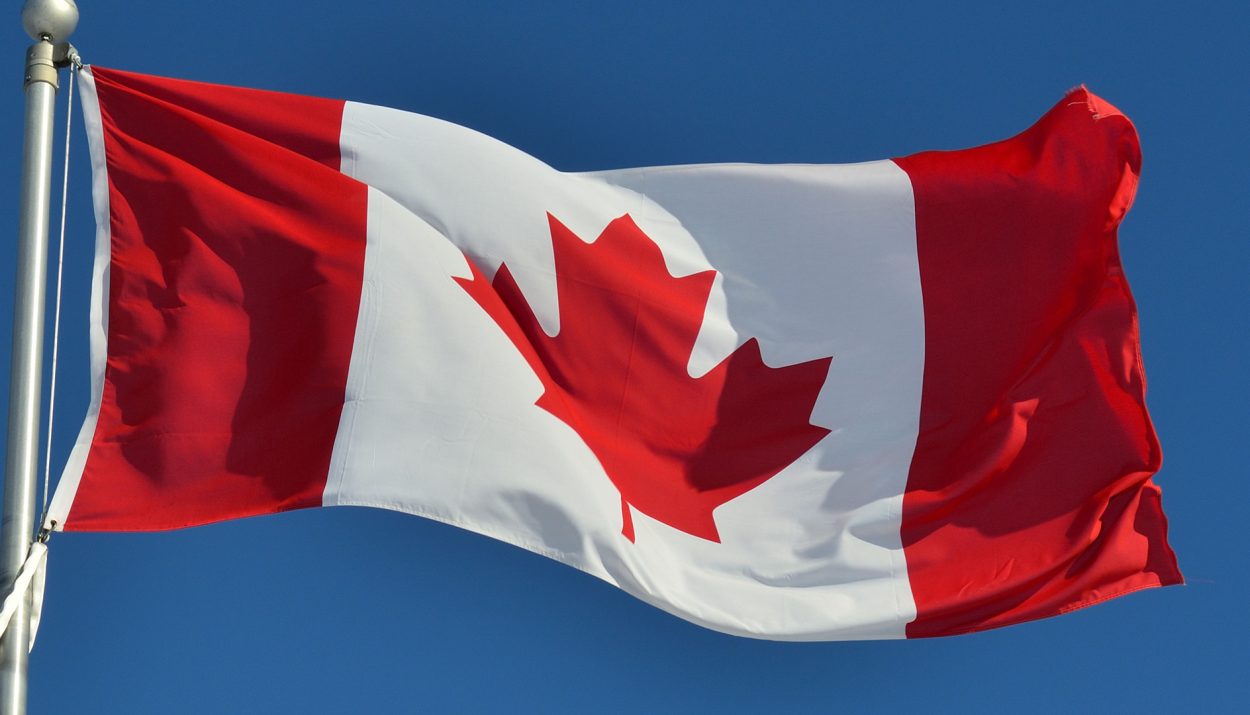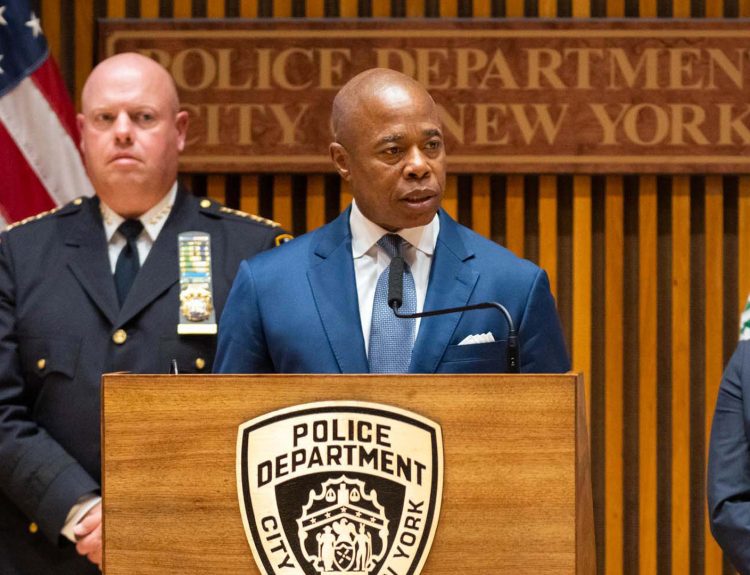Over 170 years ago, the British Crown in Canada made a treaty with Indigenous groups, promising to share the wealth from their ancestral lands. But the native groups have yet to see their fair share – and now, a court case could order the Crown to pay billions in restitution for over a century of unkept vows.
Crown Arrives in Canada and Trades Land for Promised Prosperity
In the 1850s, the British Crown wanted land in Northern Ontario belonging to the Anishinaabe tribe. They signed two treaties where the tribe gave up their property but were allowed to still live and hunt there. The Crown also promised them annual payments and a portion of any profits from the lands’ resources going forward.
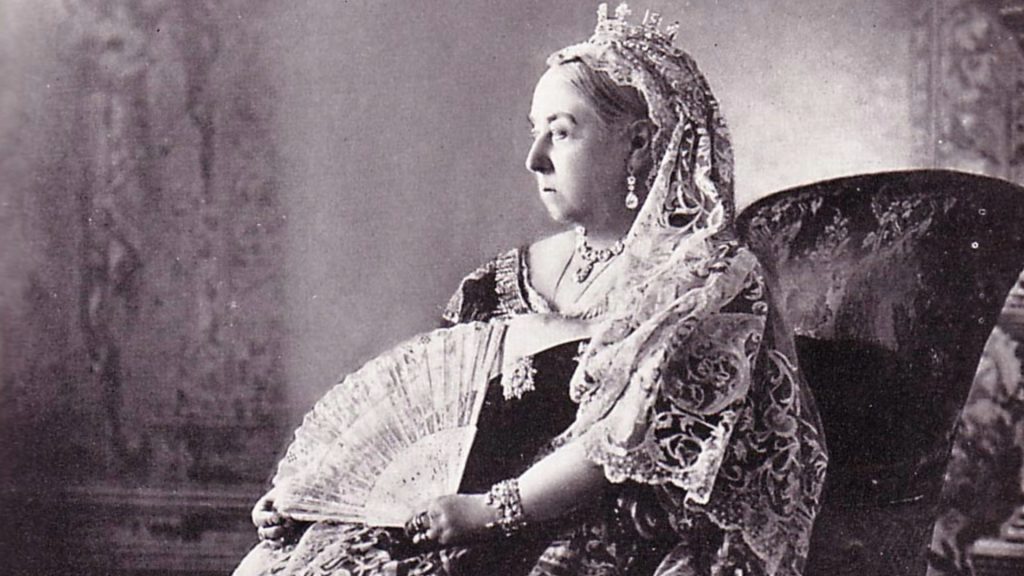
Hoping to gain long-term wealth, the Indigenous groups happily turned over their ancestral lands to Queen Victoria’s government after being assured through contractual treaties that they would receive perpetual payments each year and a share of any trading profits generated on their former territories.
Payments Start Small Despite Prospering Land
The original annual payment amount to the Anishinaabe tribe was minor according to treaty terms. However, the contracts explicitly stated compensation could substantially increase in the future if their former territories generated more money from traded resources like lumber and minerals.
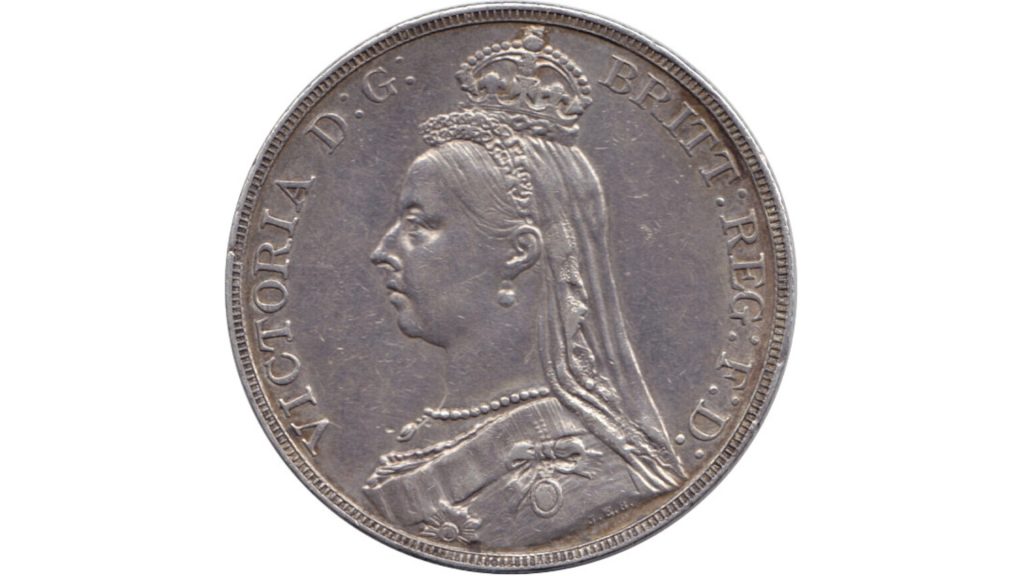
Over the next 170 years, the British Crown entities greatly prospered from trading coal, silver, copper, nickel, and other valuable materials found and extracted from their signed-over tribal areas. Yet they did not share this growing fortune with the native groups as clearly outlined in the original treaty agreements from the 1850s.
Native Groups Battle Poverty After Trading Ancestral Lands
In the decades following the controversial treaty signings, the affected Indigenous peoples struggled in perpetual poverty, lacking the meaningful compensation levels they were contractually promised in exchange for their coveted territories.
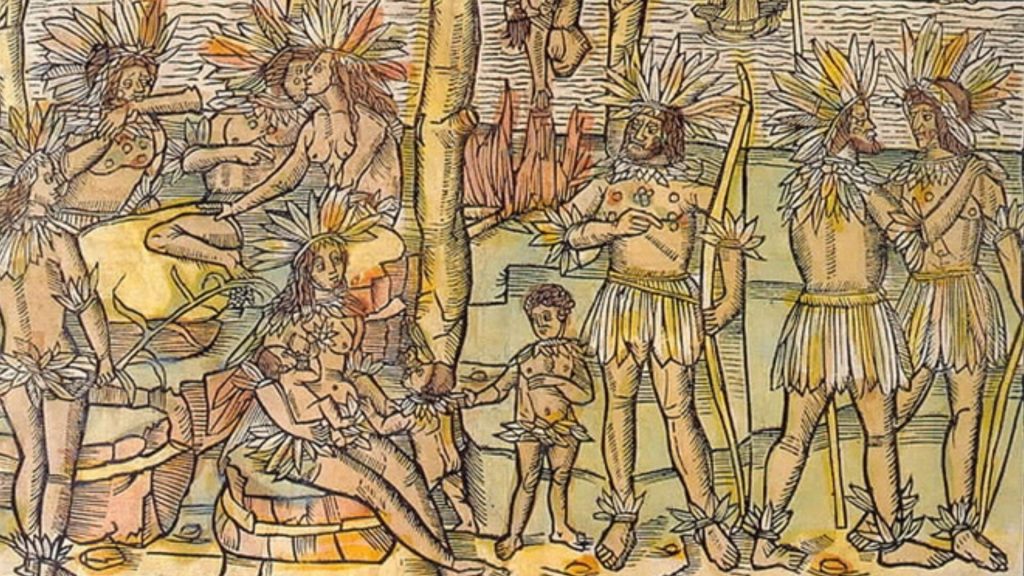
They now carry deep regret over agreeing to sign over their ancestral lands. They look on as associated Crown corporations and settlers continue to profit tremendously from their lands while their tribes sink farther into economic destitution with each passing generation since the original treaties were signed.
Chief Claims Crown Enriched Themselves Over Treaty Terms
Tangie, current chief of the Michipicoten First Nation located north of Lake Huron, says only the British Crown has substantially benefited from their ancestors’ treaty agreements.
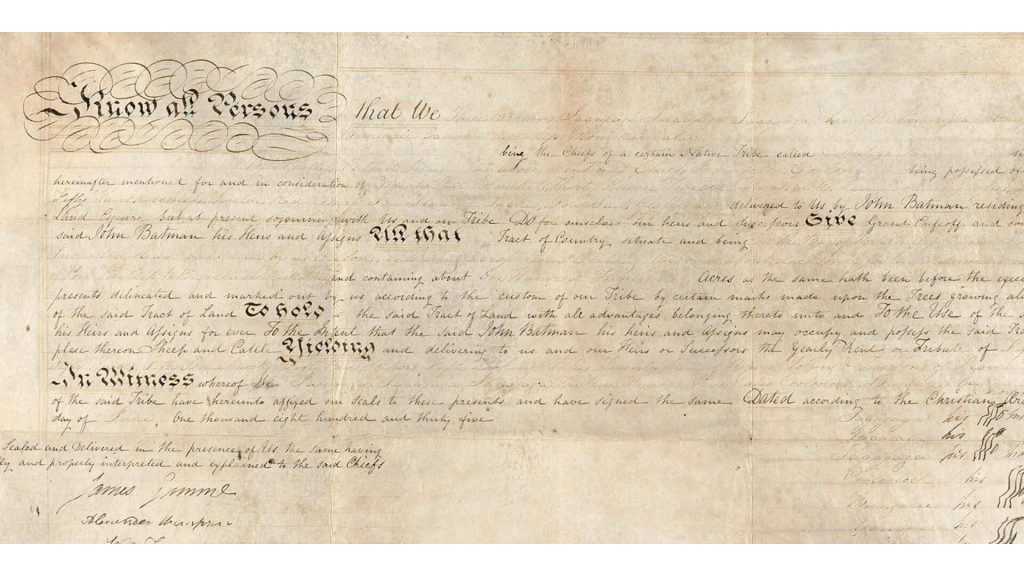
He states bluntly that Crown entities operating in the region have greatly enriched themselves by exploiting resources on their tribal lands while consecutively failing to honor treaty promises to financially uplift the native people generation after generation.
First Nations Wait Long for Fair Share of Treaty Proceeds
The Michipicoten tribal communities still reside close to their original territories, which they begrudgingly signed over to the Crown over 17 decades ago. Chief Tangie solemnly says his elders have always reiterated the same historical sentiment – that the British Crown’s subsidiaries who control their lands have never fulfilled their mandated treaty obligations.

For generations, his people have waited in vain for their fair and contractually obligated portion of profits amounting to untold billions of dollars from the mining and harvesting of resources on their signed-over territories. Resources they were assured would bring them prosperity.
Litigation Now Seeks to Enforce Terms of Decades-Old Deals
After over 150 years of poverty, while watching their lands generate tremendous unshared profits, First Nations groups recently brought litigation against the Crown, hoping to finally gain hard-earned compensation per the neglected terms of the 1850s treaties.

If successful in court rulings, this class action would see the largest financial restitution payout in Canada’s history. It also aims to set a legal precedent on how resource revenue gets distributed to native tribes moving forward from lands they previously occupied for centuries.
Goodchild Testifies Crown Failed to Pay Fair Treaty Share
In sworn 1990s court testimony, former First Nations negotiator Raymond Goodchild gave explicit evidence under oath that the Crown had utterly failed for over a century to pay native groups their rightfully owed annual treaty disbursements and resource profit shares. This ultimately left tribes in a sustained state of intergenerational economic poverty.
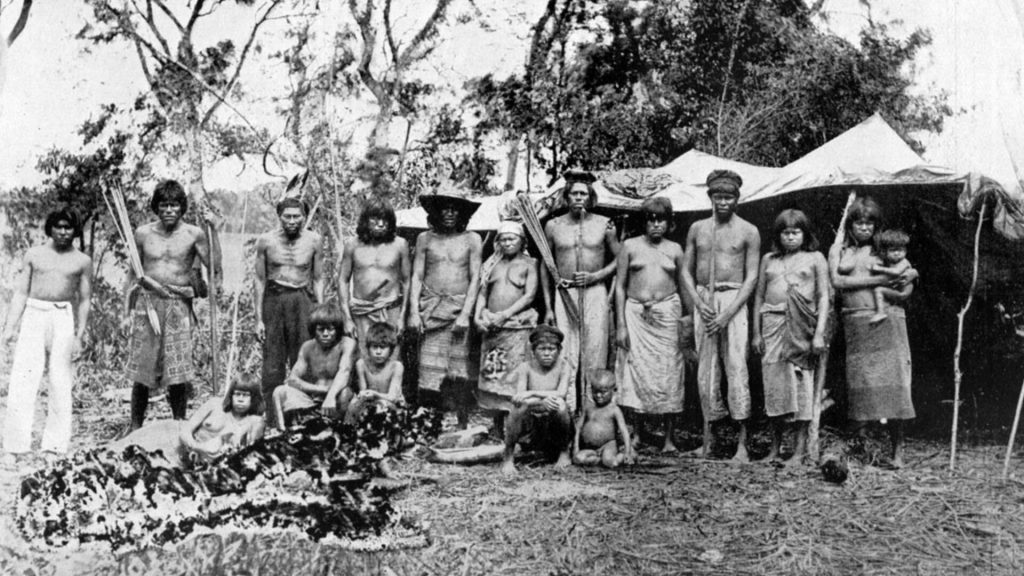
His pivotal legal statements were part of the genesis of today’s lawsuit examining in detail how dependent Crown corporations chose to habitually break treaty payment vows to First Nations groups who had signed over occupancy rights of their lucrative homelands in the late 1800s.
Judge Agrees Crown “Forgot” Financial Treaty Obligations
In a key 2018 court ruling, respected Justice Patricia Hennesey fully sided with First Nations plaintiffs who contended Crown representatives had chosen to completely disregard their clearly defined financial responsibilities outlined in the original land-transfer treaties.
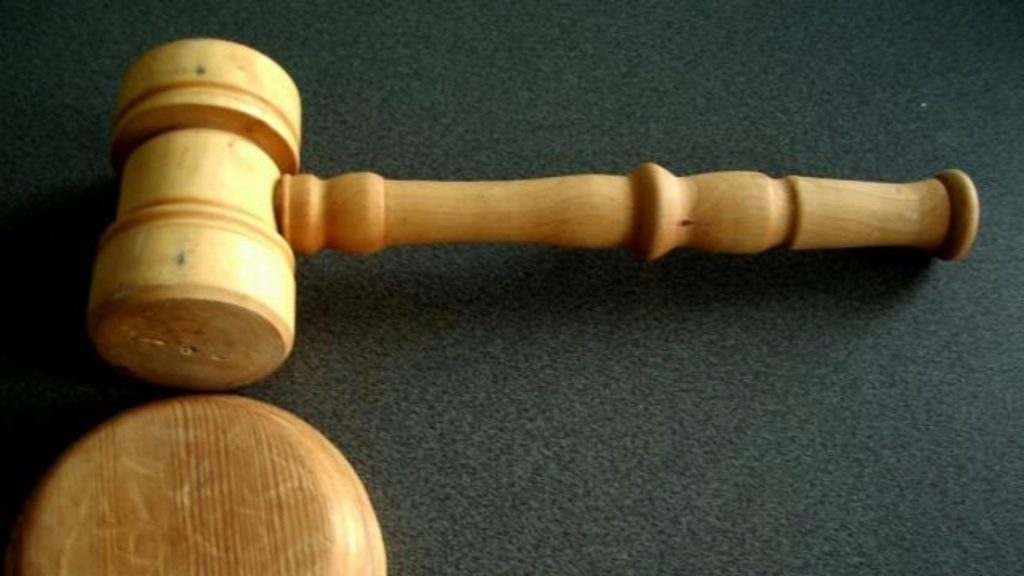
Justice Hennesey affirmed the court rightly possesses both the legal authority and moral imperative to judicially seek substantial financial restitution on behalf of these deeply affected native plaintiff tribes – from the web of guilty Crown subsidiary organizations who took control of their lands.
Economist Values 170 Years of Unpaid Dues at Over $90 Billion
Renowned economist Joseph Stiglitz provided court evidence estimating the present-day value of cumulative unpaid annual treaty disbursements and unpaid resource profit shares owed to First Nations groups exceeds a staggering $90 billion after nearly two centuries of non-compliance by Crown controllers of their former territories.

He persuasively states to the court that deliberately failing to pay what amounts to accumulated contractual debt for over 170 consecutive years results in the debts accruing to almost unimaginable levels – even if initial treaty payment amounts seemed trivial at the time of signing.
Canada Disputes Total Owed to First Nations Tribes
The Canadian government strongly contests Dr. Stiglitz’s $90 billion cumulative calculation. Their legal representatives argue Crown corporations invested substantial designated funds over the last century in developing transportation infrastructure and mineral extraction operations around affected First Nations territorial lands.
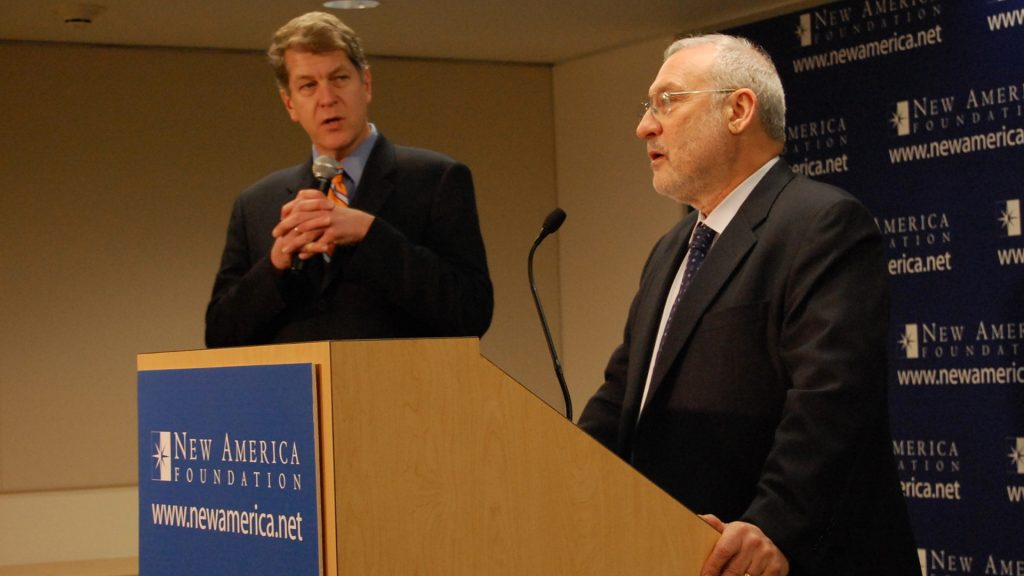
Canadian government counselors insist that in light of these major civilization-building investments made in the broader region, their First Nations partners cannot justifiably demand more than $1.8 billion in current and past treaty payment obligations related to their specific ancestral areas.
Tribal Counsel Counters Crown’s Position as Revisionist
But the native tribes’ lead litigation lawyer Harley Schachter staunchly disputes Canada’s published legal position as attempted historical revisionism.
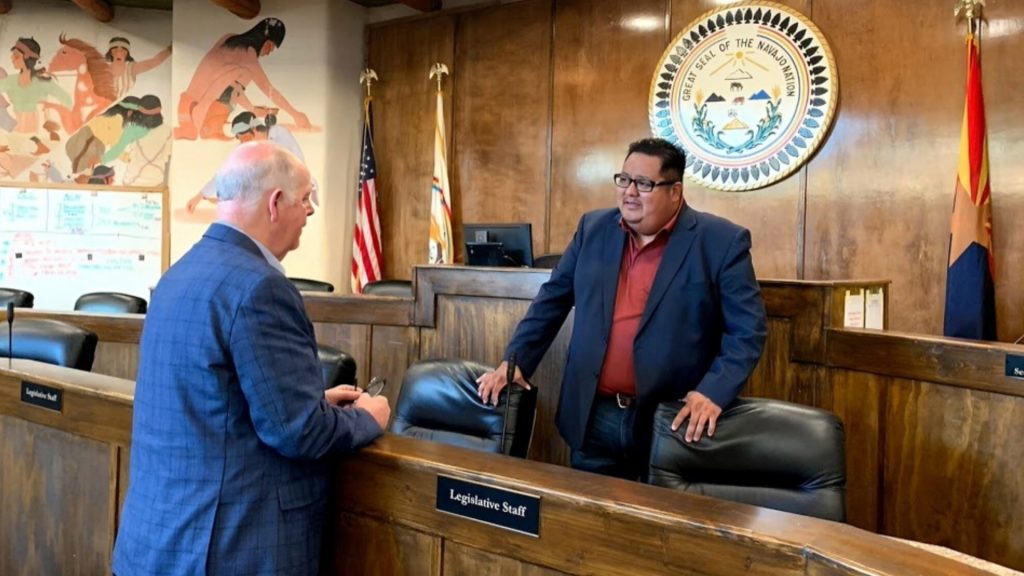
He argues that after 173 consecutive years of evident treaty obligation neglect and violations by Crown subsidiaries controlling the plundered tribal territories, it is only equitable justice for the court to order full restitution, finally forcing the guilty Crown corporations to pay out their contractual debts which enabled their generations of collected profits.
First Nations Claim Destitution Despite Land Riches
According to sworn plaintiff testimony by Kaitlyn Lewis, legal representative for multiple affected First Nations bands, the tribes originally signed away rights to their ancestral lands envisioning the treaty terms would assure them perpetual wealth and prosperity on par with incoming British settlers.
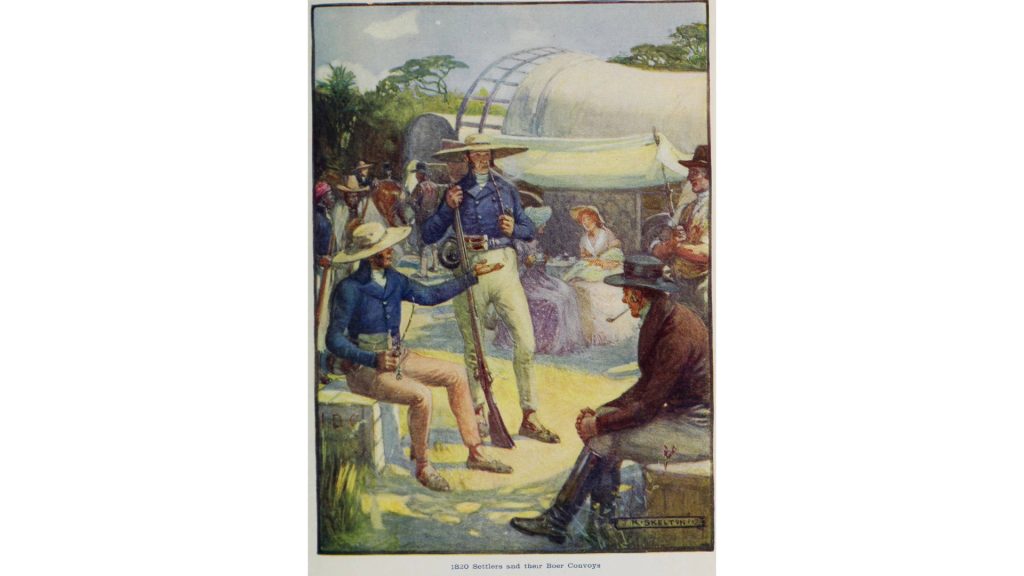
Instead, as detailed for the court, native family groups lived in sustained, abject poverty for over 17 decades while Crown organizations and settlers metastasized into sprawling, massively profitable megacorporations built solely from the appropriated lands and mineral riches of contracting First Nations territories.
Two Centuries of Unkept Payment and Profit Vows
For 170 years, the descendants of Indigenous tribes who willingly signed over property rights to their fertile territories have accused the Crown of betraying the original treaty obligations. Their ancestors were assured of two things in return – guaranteed yearly payment amounts from Crown corporations no matter what. And set percentage shares from trading profits earned by the Crown specifically from their former tribal lands and hunting grounds.
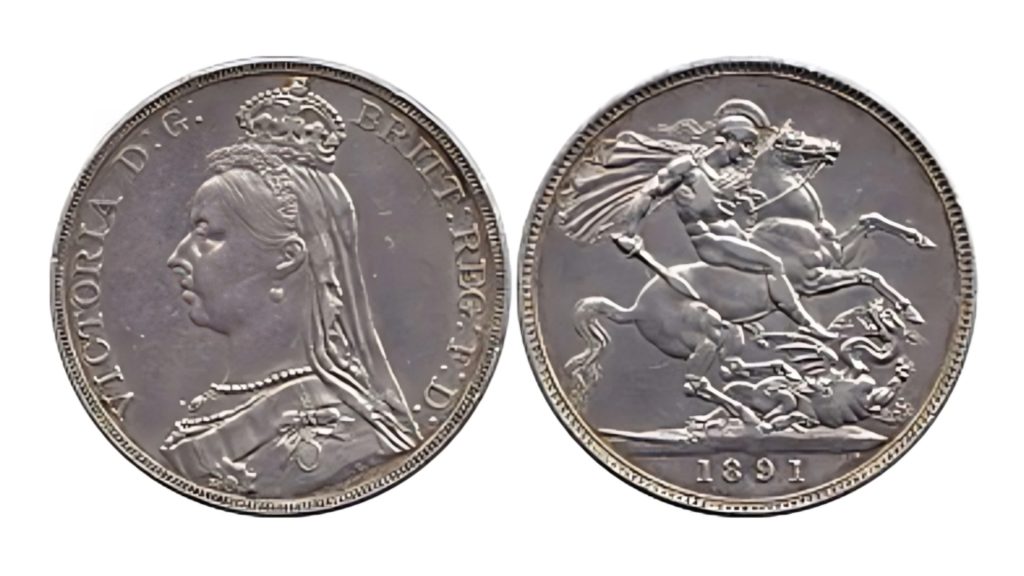
But multiple First Nations plaintiffs contend they cumulatively received neither hundreds of millions in fair annual payments nor billions worth of owed resource profit shares from their territories during over 17 decades of Crown management, as explicitly stipulated by terms in the original accords.
Class Action Suit Seeks Billions in Contractual Restitution
After two centuries without promised treaty compensation, the descendants of signatory First Nations tribes now jointly seek a multi-billion dollar legal judgment in contractual restitution from several Crown subsidiary corporations.

If plaintiffs win, it would result in the largest legal settlement payout in modern Canadian history. It also aims to set new legal standards reinforcing native land rights and rectifying past exploitation tied to ancestral territories.
Crown’s Debts May Finally Come Due After Decades of Non-Payment
In the 1850s, the expansionist British Crown struck deals with native tribes – exchanging control over supremely valuable Canadian lands for a firm promise of perpetual payments and profit sharing that would enrich the tribes.
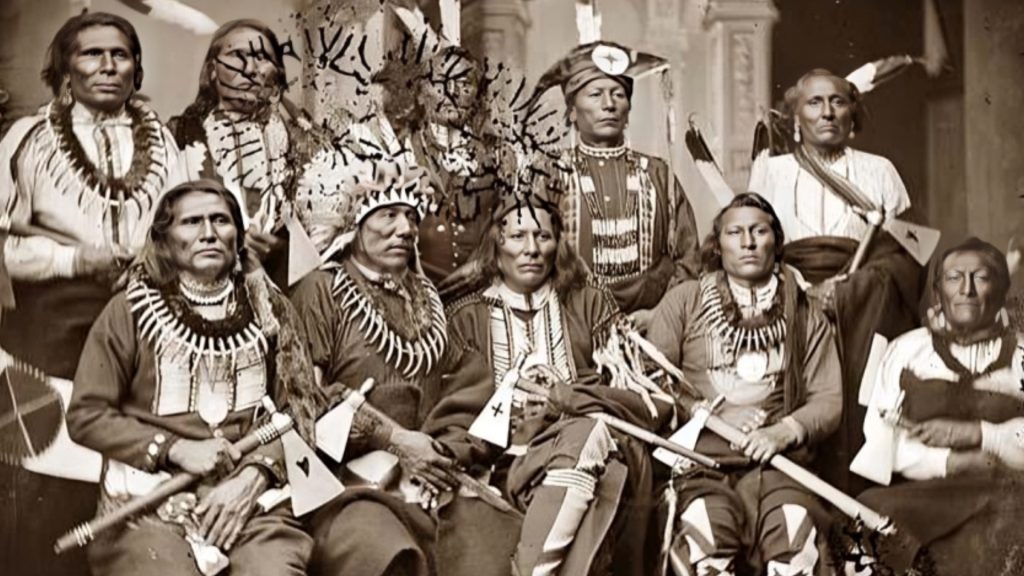
The First Nations view the outcome of current litigation as historically profound. A legal judgment mandating the guilty Crown entities pay out billions in unpaid contractual debts would finally provide monetary justice after decades of lands generating copious profits solely for the Crown.

